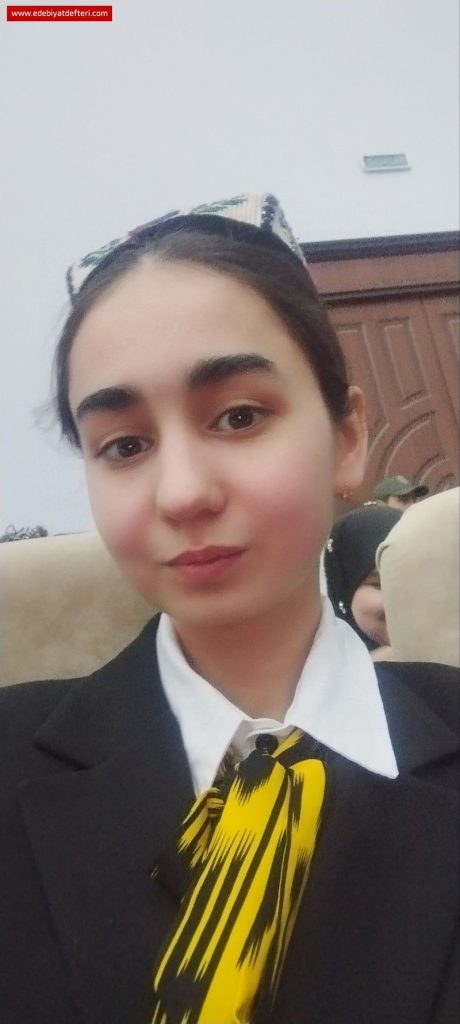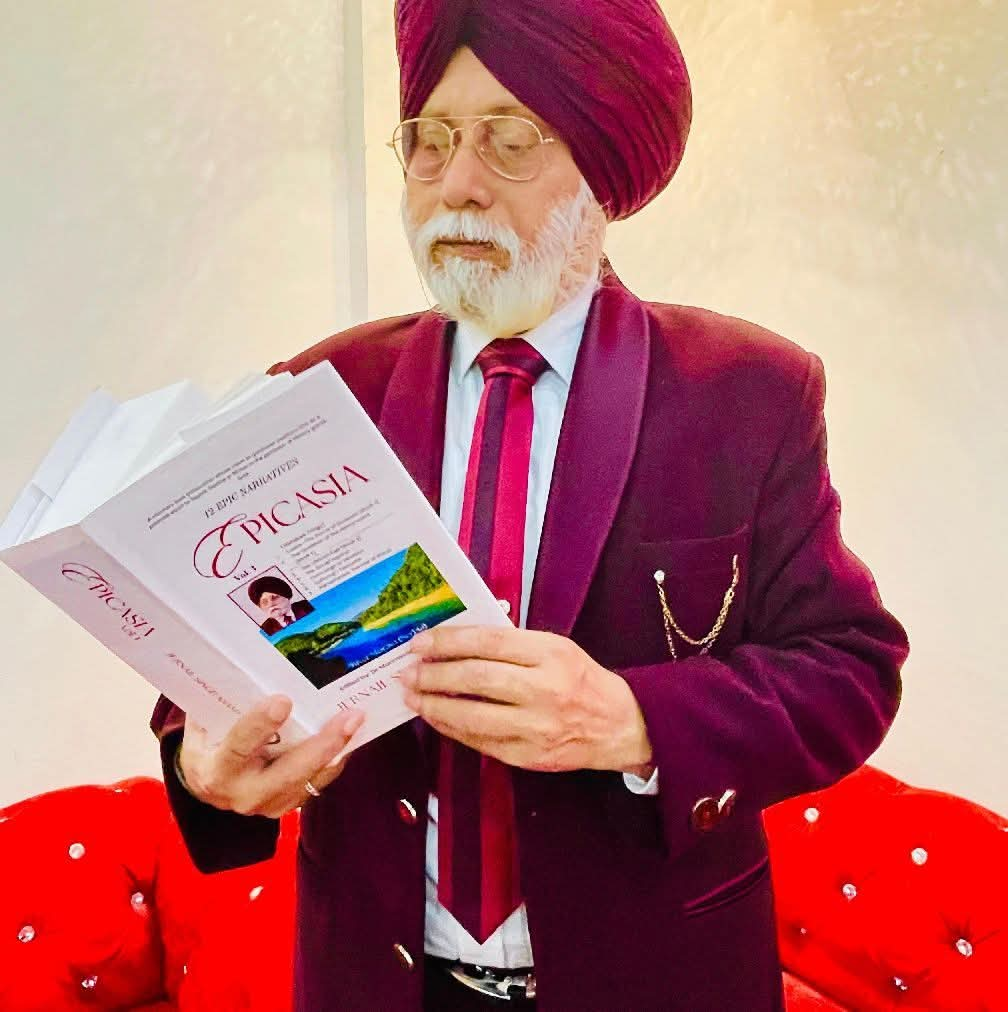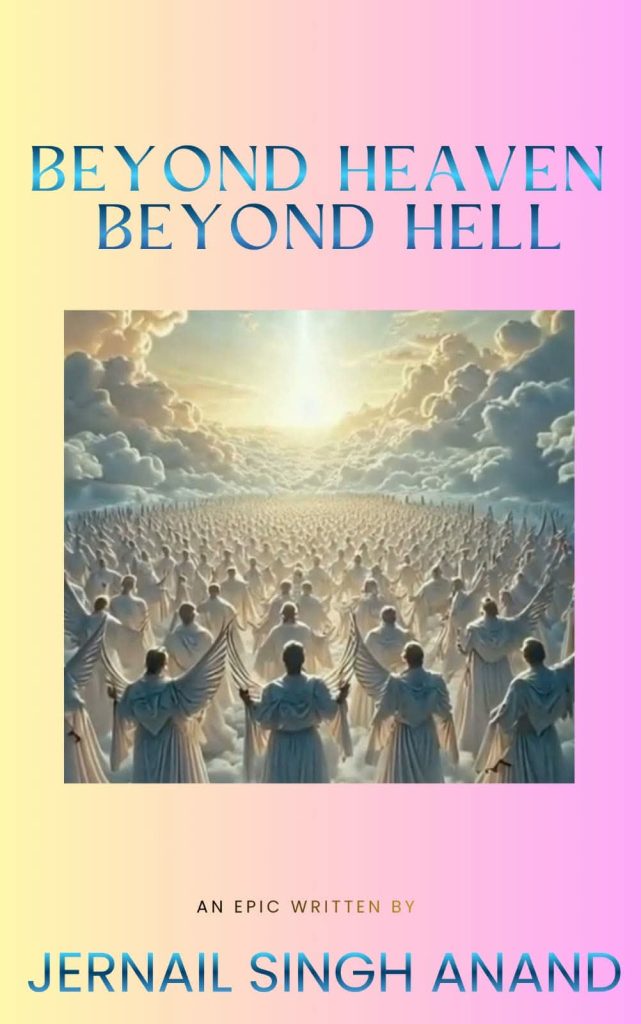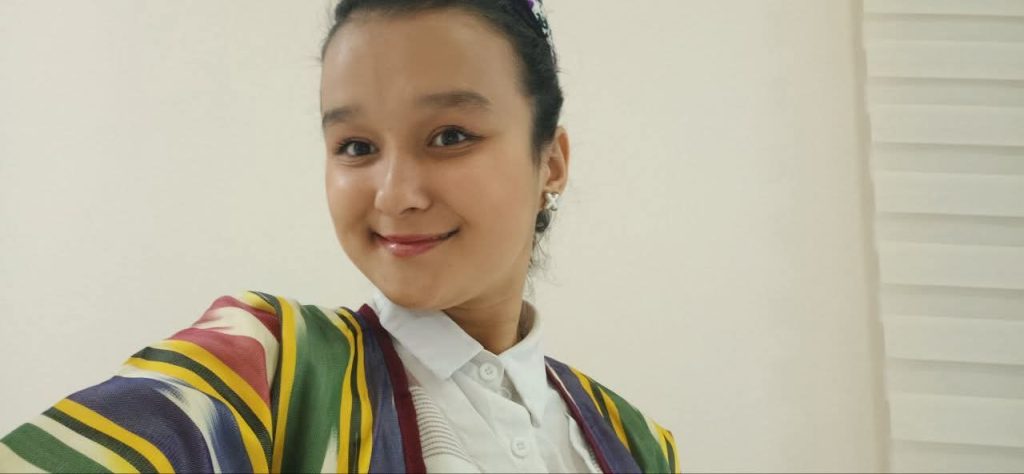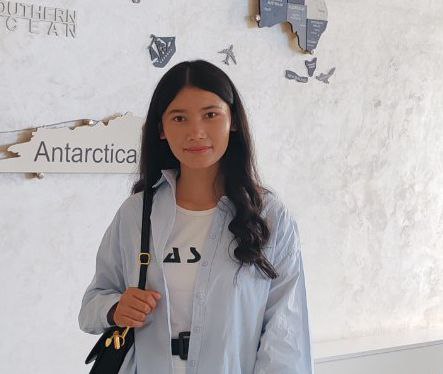Joint Educational Programs
Mahamqulova Ruhshona Rustam qizi
Sharq tillari fakulteti
Filologiya va tillarni o’qitish:koreys tili
yo’nalishi talabasi
rukhshonamahamqulova@gmail.com
+998-91-039-50-99
Annotation: This article provides information on the significance and key characteristics of joint educational programs for students. Through these programs, it is possible to observe how undergraduate, graduate, and doctoral students develop an understanding of the global academic environment and undergo noticeable changes in their worldview. Based on international standards, the program relies on effective cooperation between two universities and the involvement of experienced faculty members and a dedicated academic team, offering a unique educational experience that has a transformative impact on students’ lives.
Keywords: joint educational program, undergraduate studies, Ministry of Higher and Secondary Specialized Education of the Republic of Uzbekistan, State Testing Center
Joint (Dual-Degree) Educational Programs. A joint (dual-degree) educational program is a form of education that provides for the training of specialists and the awarding of a qualification (diploma) recognized in all countries where the foreign partner higher education institutions are located, based on an agreement signed between the Republic of Uzbekistan and foreign partner higher education institutions. It is known that starting from January 1, 2022, a procedure for expert evaluation of joint educational programs was introduced by the Ministry of Higher and Secondary Specialized Education of the Republic of Uzbekistan. Only those joint educational programs that have received a positive expert evaluation are permitted to carry out educational activities.
From that date onward, many state universities located across Uzbekistan have launched joint educational programs in various fields. Examples include the joint educational program between Tashkent State University of Law and the Ural State Law University named after V. Yakovlev; the joint program between Uzbekistan State World Languages University and Dalian Polytechnic University; and the joint educational programs implemented by Bukhara State University in cooperation with Széchenyi István University of Hungary. Through these programs, students are able to obtain diplomas from both local and foreign higher education institutions simultaneously, gain opportunities to study abroad during their education, and benefit from learning new languages and cultures.
Admission Requirements for Joint Educational Programs: First, announcements for online applications are published on the official websites or social media platforms of the selected universities or institutes. After submitting an application, entrance examinations are conducted in accordance with the admission procedures jointly developed by the higher education institution of the Republic of Uzbekistan in agreement with the foreign partner institution.
Applicants who score at least 30 percent of the maximum possible score in the first-stage examination are eligible to participate in the second stage. In the second stage, based on the request of the higher education institution of the Republic of Uzbekistan, an entrance examination in the foreign language of instruction of the joint educational program is administered by the State Testing Center under the Cabinet of Ministers of the Republic of Uzbekistan. Applicants who obtain at least 30 percent of the maximum possible score in this examination are allowed to participate in the competitive selection process for the joint educational program and are admitted in accordance with the established admission parameters.
Organization of the Educational Process: In joint educational programs, classes are delivered in a comprehensive and high-quality manner by both local and foreign faculty members. The teaching process широко incorporates modern technical equipment, interactive teaching methods, practical training sessions, and project-based learning approaches that meet contemporary educational standards. In some programs, students have the opportunity to complete a certain portion of their studies at the foreign partner university itself.
The primary objectives of these programs include elevating the quality of education in Uzbekistan to an international level, training highly qualified and modern-thinking specialists, promoting academic mobility, and adapting students to the global labor market. Joint educational programs offer numerous advantages for students, such as the opportunity to obtain a foreign diploma, in-depth study of foreign languages, acquisition of international experience and knowledge, increased competitiveness in employment, and the development of independent thinking and adaptability.
Conclusion: In conclusion, joint educational programs represent one of the most promising directions of the modern education system. They play a significant role in enhancing the academic competence of the younger generation, preparing specialists with international experience, and increasing the prestige of the national education system.
References:


